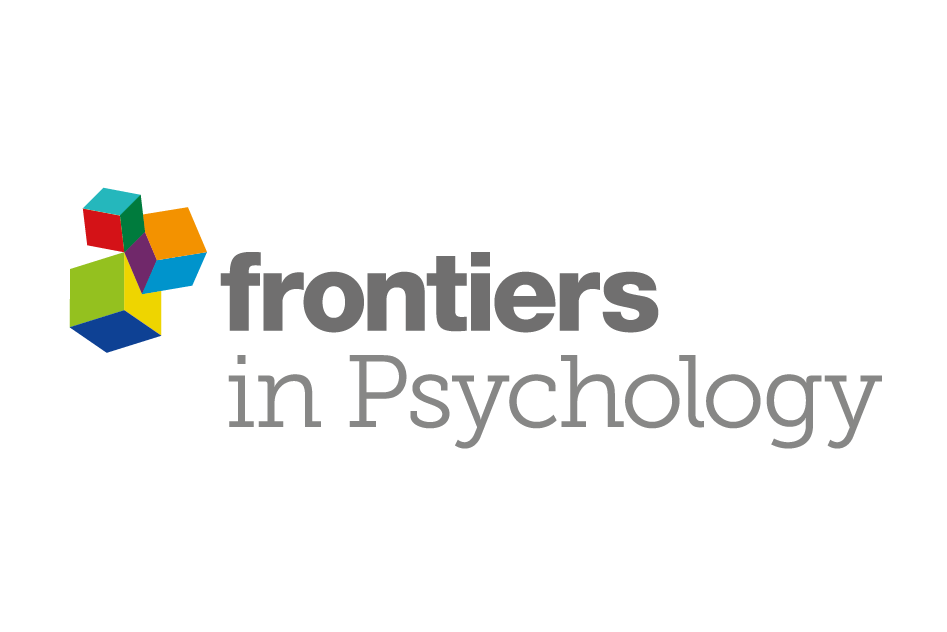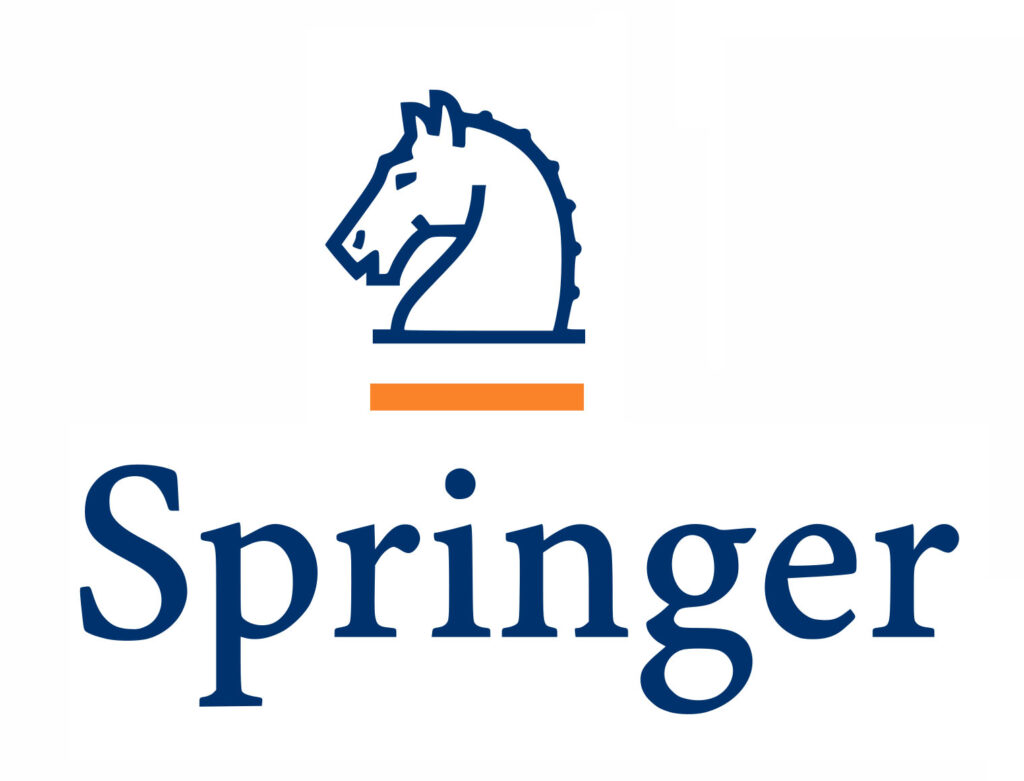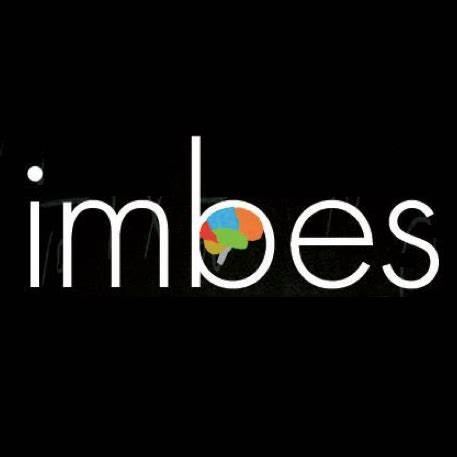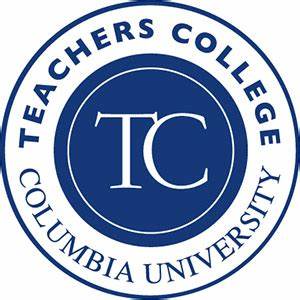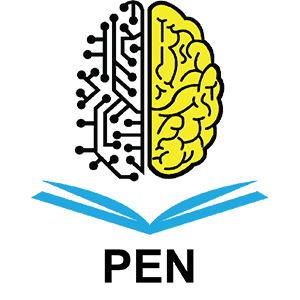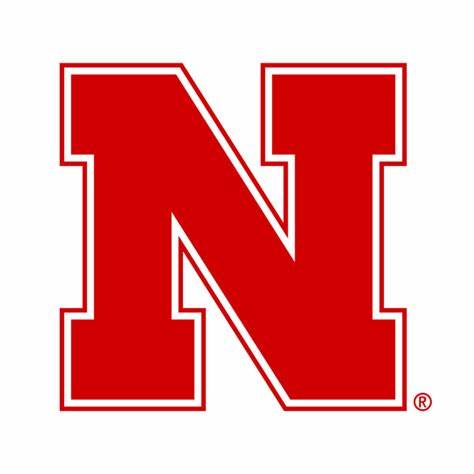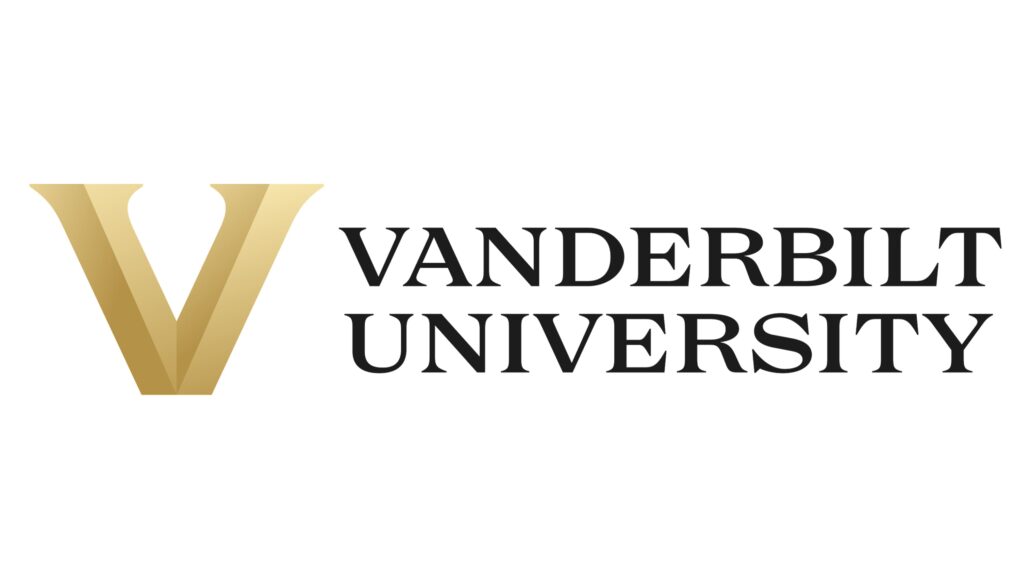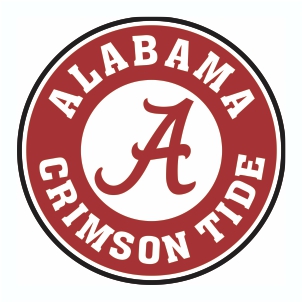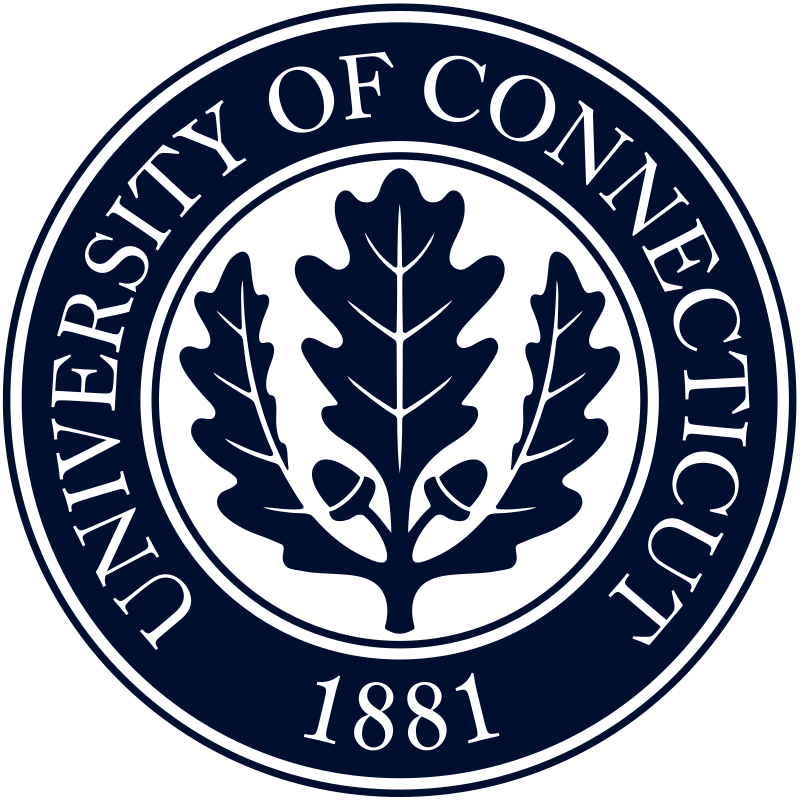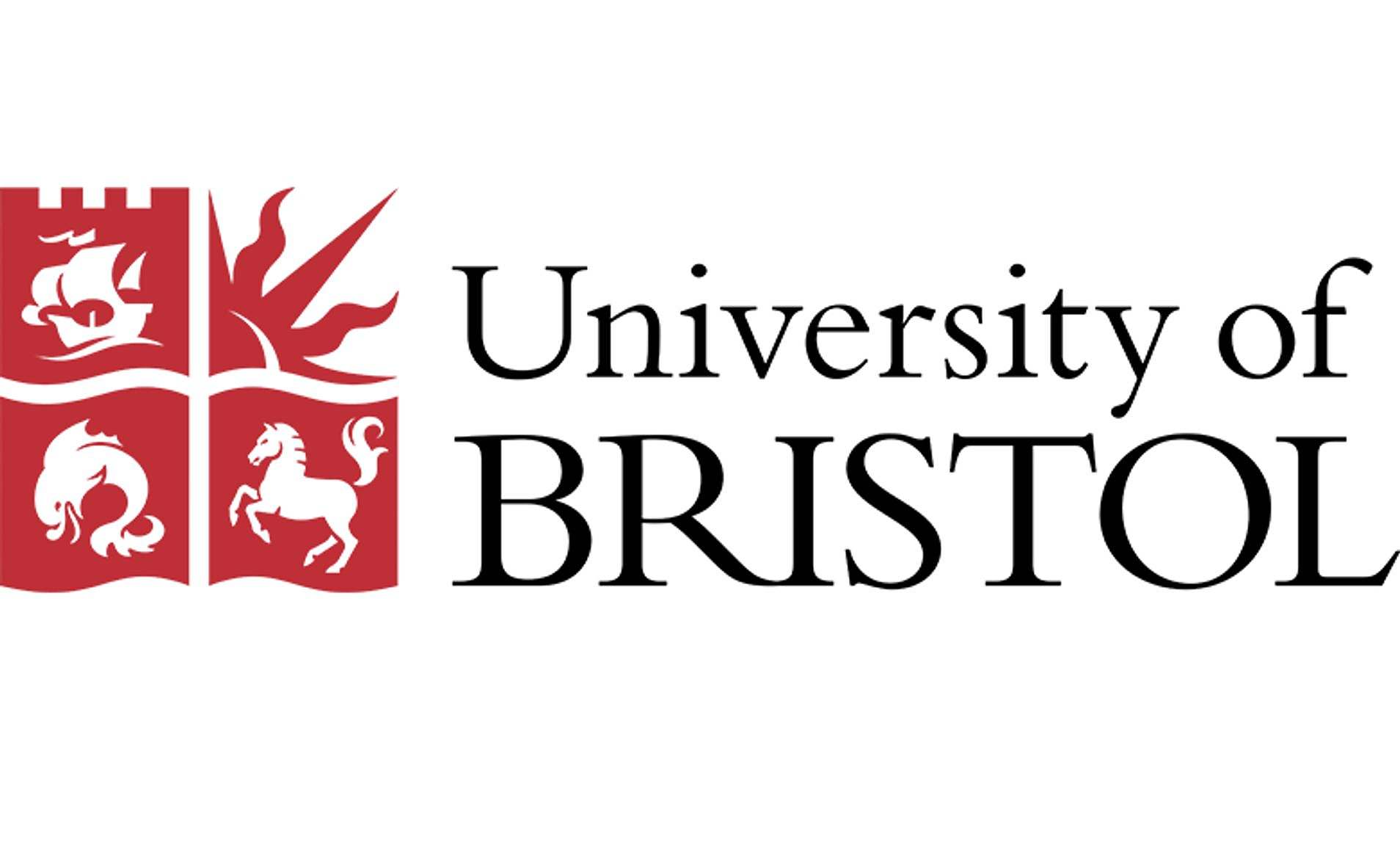
Educational Neuroscience
What is Educational Neuroscience?
Educational neuroscience, also sometimes called neuroeducation, or “mind, brain and education”, is a field that leverages brain science to improve teaching and learning. Practitioners of educational neuroscience include teachers and administrators, who apply brain-based tools and lessons in their classrooms and schools. Educational neuroscience researchers study the neuroscience of learning, and develop new curricula and instructional strategies based on those neuroscientific insights. The tools of educational neuroscience are varied, with some utilizing real-time recordings of students in classrooms via wearable brain monitors, and others utilizing fMRI to examine brain activity during learning tasks. Educational neuroscience also informs special education, as well as the ways in which neurodiversity is measured, accounted for, and accommodated in educational settings., It is useful in this case as a tool to better understand how individuals learn differently.
Educational neuroscience is one of the more well established NeuroX fields. The Masters in Neuroscience and Education program at Columbia University Teachers College has been in existence for 42 years, and multiple other neuroeducation degree programs are available (see below). The field has multiple specialized journals, and in the early 1990s was featured at a White House conference. The history of educational neuroscience has not been without controversy. As captured by the title of one edited volume, Neuroscience in Education: The good, the Bad, and the Ugly, some uses of neuroscience in education have not been productive. Like many other NeuroX fields, a core question is: what added value does neuroscience offer educators that behavioral science cannot?
Take a look at the videos below to learn more about educational neuroscience:
In this talk, Dr. Bruce McCandlis–a Professor of Education at Stanford University–explores the intersection of cognitive neuroscience and education, highlighting the transformative potential of literacy and its impact on the human brain.
In this engaging Ted Talk, Veerle Ponnet shares her journey from a career in tourism to becoming a certified neurolanguage coach and educational neuroscience enthusiast.
Learn from Dr. Lori DeDesautels, a Professor of Education at Butler University, as she discusses the emerging field of educational neuroscience and its application in K-12 classrooms.
In this talk, Dr. Amy Shelton–a professor and researcher at Johns Hopkins university–discusses the challenges of teaching educators about neuroscience and cognitive science to inform their teaching practices.
What are the pathways to pursuing a career in educational neuroscience?
Depending on one’s skills and interests, there are a number of career choices in the field of educational neuroscience. Some potential career paths include:
Teacher Who Applies Neuroscience in the Classroom
Teachers can utilize neuroscience insights and tools to improve classroom learning. Teachers might gain this knowledge through attendance at educational neuroscience programs, in-school trainings, and self-learning. To pursue a career in teaching requires compliance with state-level, district-level, and school-level certification requirements. In addition to meeting teaching requirements, those who wish to pursue a neuroeducation career might consider taking courses (or majoring) in neuroscience, either in college or in graduate school.
School Administrator
School administrators with a neuroeducation background ensure that their academic environment, curriculum and policies are aligned with the latest insights from brain science. They play a vital role in decision-making, budgeting, and overseeing the general operations of schools. A day in the life of a School Administrator might involve meeting with teachers, strategizing long-term goals for school improvement, as well as interacting with students and parents. Many administrators hold a classic M.Ed. (masters in education), however there are now many M.Ed.’s specializing in educational neuroscience available.
Child Neuropsychologist
Child neuropsychologists specialize in studying the brain-behavior dynamics and development in children and adolescents. Responsibilities can include creating intervention strategies to help children succeed academically, providing counseling and therapy to children facing neurological challenges, and conducting assessments to diagnose learning disabilities, developmental disorders, or cognitive impairments. Becoming a child neuropsychologist typically requires a doctoral degree (Ph.D. or Psy.D.) in clinical neuropsychology or clinical psychology.
Science Communicator
Science communicators at organizations such as the Allen Brain Institute as well as other neuroscience focused nonprofits play a pivotal role in disseminating the complexity of neuroscience research to the general public in a digestible format. Responsibilities can include designing and implementing public outreach programs to spread awareness about current research, as well as collaborating with scientists to ensure accurate representation of their findings. These professionals can find employment in various settings including non-profit organizations, research institutions, museums, and educational institutions. While specific qualifications can vary, a background in neuroscience, communication, public relations, or a related field is recommended.
Academic/Researcher
Academics in educational neuroscience can hold roles as leaders in universities or research institutions, often writing books, publishing research findings in academic journals, as well as guiding the next generation of practitioners. A typical day in the life of an academic researcher may include: analyzing data, publishing articles, submitting research grant proposals, and teaching classes related to their area of study. Most academic researchers hold a Ph.D. in a closely related subject, such as psychology, education, neuroscience or child development.
Consultant
Neuroeducation consultants work with schools and other educational organizations to assist in the implementation of neuroscientific research into teaching and learning practices. They may create professional development programs for teachers, new curriculum materials, etc. The specific qualifications required may vary based on the employer and the nature of the assignment.
Education in Neuroeducation:
Neuroeducation is a fairly established field with an adequate amount of specialized programs currently available. Listed below are certificates and programs specializing in neuroeducation at the undergraduate and graduate levels.
- Undergraduate: At the undergraduate level, the University of Alabama is the only institution that has a designated Neuroeducation major. However, for those at alternative institutions interested in neuroeducation, it is best to tailor your undergraduate experience in a manner that allows you to gain exposure to neuroscience, psychology, education, and child development. This could be executed via the creation of an individualized major, selecting the relevant elective courses, or volunteering in labs.
- Graduate: At the graduate level, there are several institutions offering specialized degrees in Educational Neuroscience, some of these include the University of Portland (Masters), Columbia University (Masters), the University of Alabama (PhD), the University of Vanderbilt (PhD) and many more (see additional resources).
Resources Related to Educational Neuroscience:
Frontiers in Psychology
This publication details the potential and challenges of neuroeducation, highlighting the importance of brain plasticity, the extended maturation of executive functions through adolescence, and the need for educators to possess a foundational ‘neuroscientific literacy’ for effective classroom application.
Springer
This publication details the intersection of neuroscience and education, exploring the advances in understanding specific brain circuits related to academic skills, the diagnostic capabilities of modern brain imaging, and the crucial need for enhanced interdisciplinary communication and collaboration.
Educational Neuroscience Labs
Programs in Educational Neuroscience:
University of Nebraska-Lincoln
This certificate from the University of Nebraska-Lincoln provides a comprehensive insight into neuroscience as it relates to educational settings, centralized on emotional and cognitive development, as well as the neural foundations of speech/language development and literacy.
University of Calgary The Educational Neuroscience: Applications for Teaching & Learning program offered by the University of Calgary is a one year fully online, graduate certificate that aims to equip educators with the knowledge of brain-behavior dynamics and research related to instruction, assessment and intervention to better serve cognitively diverse learners in various educational settings.
University College London
This masters program at the University College London, offered jointly with their Faculty of Education and Society, provides an in-depth exploration of the merging field of educational neuroscience. This program offers students the opportunity to delve into research processes and acquire insights from experts in psychology of education and cognitive neuroscience
Butler University Butler University’s Applied Educational Neuroscience Certificate is a 4 course program for educators, graduate students, counselors, and mental health practitioners, exploring how trauma and adversity affect brain development and academic progress, offering practical knowledge and skills to support children and youth.
Johns Hopkins University
The Mind, Brain and Teaching (MBT) graduate certificate program integrates research from cognitive science, psychology, neuropsychology, and neuroscience to inform equitable educational practices and policies. Designed for educators and alternatively relevant professionals, it explores topics such as cognitive development, learning differences, and literacy within an online structure.
Drexel University
Drexel University’s online Graduate Certificate in Mind, Brain and Learning equips educators and high education professionals with knowledge and skills to excel in teaching, instructional design, and assessment within dynamic learning environments, offering flexibility and access to experienced faculty.
University of Connecticut
The NSF-funded Transdisciplinary Convergence in Educational Neuroscience Doctoral (TRANSCEND) program aims to grapple with the challenges of personalized education and closing the achievement gap by bringing together diverse disciplines in psychology, neuroscience, education, engineering, computer science, and math, optimally preparing the next generation of practitioners.
University of Bristol
The Neuroscience and Education Masters Program at the University of Bristol provides teachers, educational practitioners, and policy makers with the tools to integrate neuroscience insights into educational practices, helping them make evidence-based decisions, reduce disparities, and engage in relevant scientific research.

